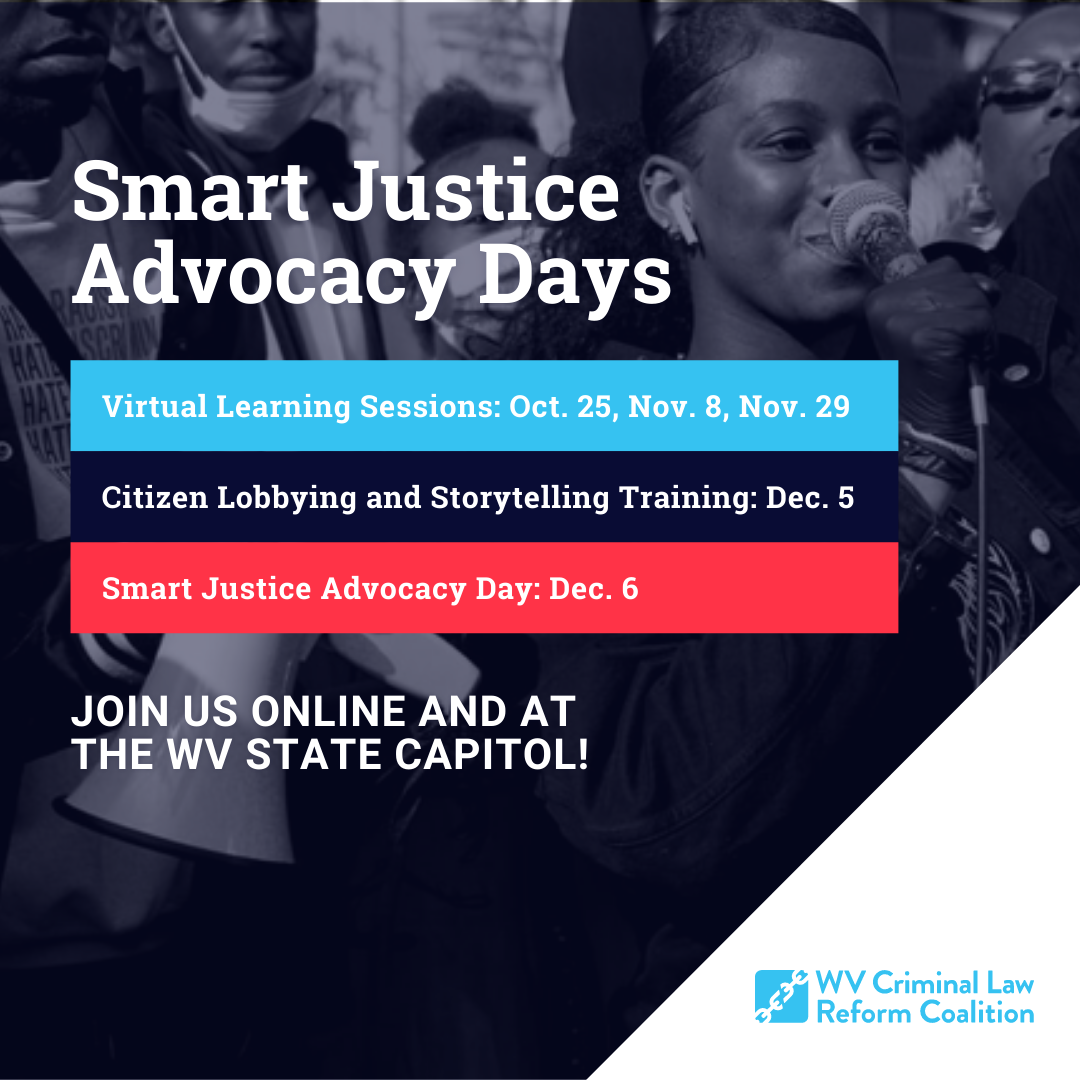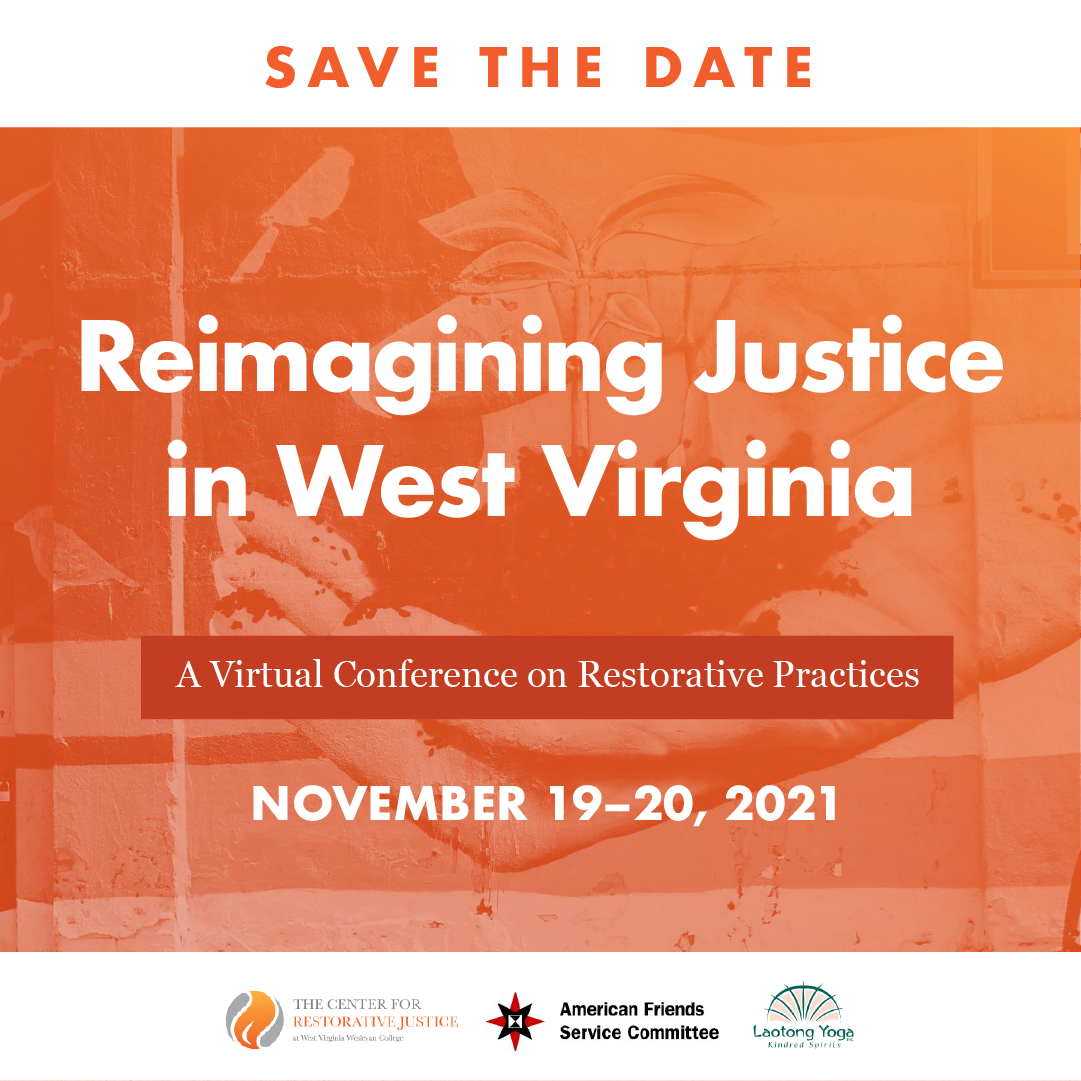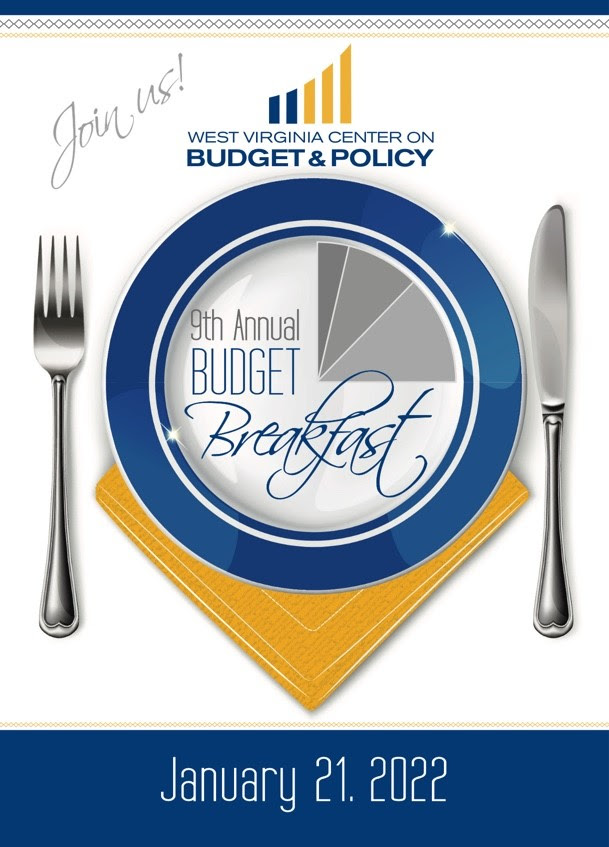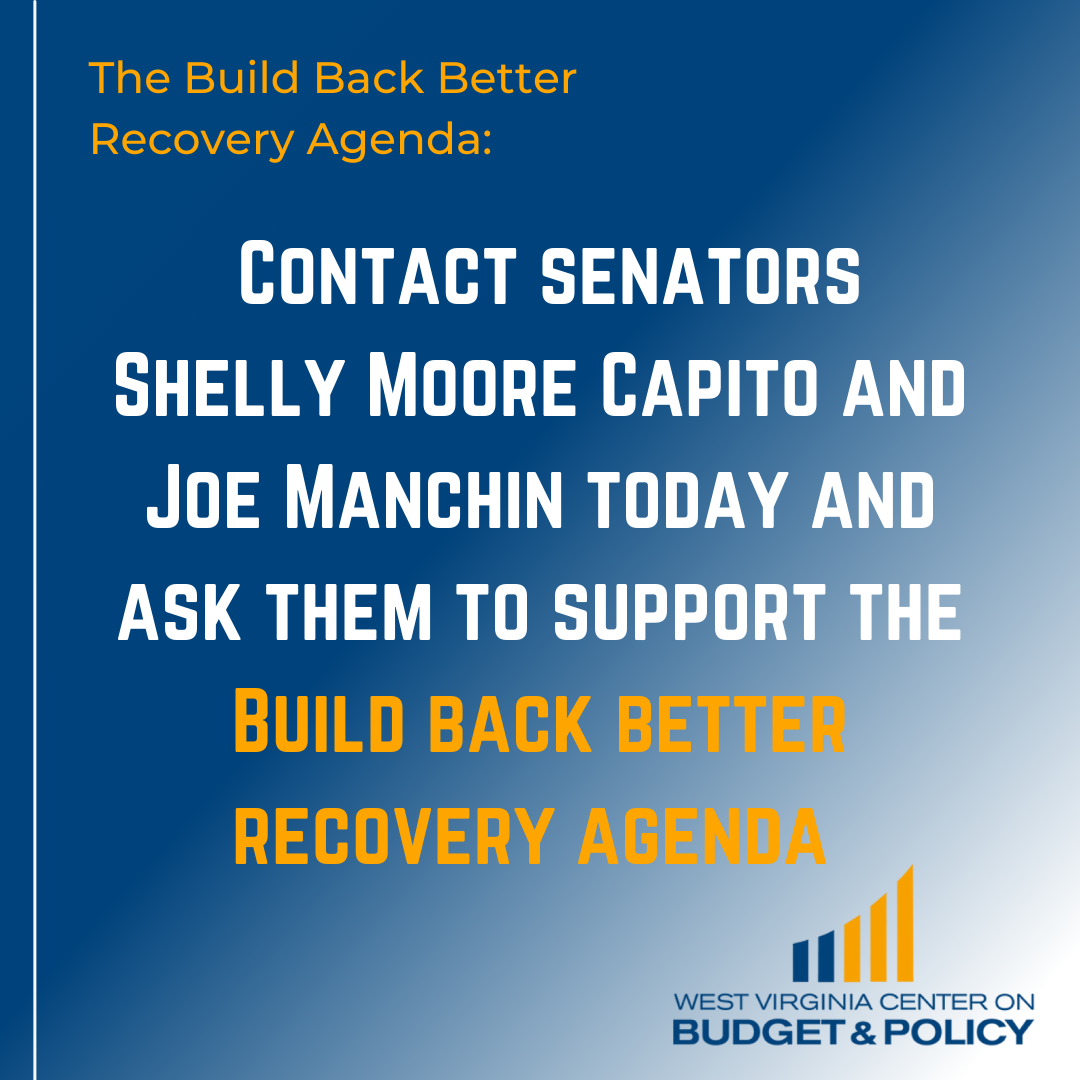According to data from the Census Household Pulse Survey, nearly 40 percent of West Virginia families who mostly spent their Child Tax Credit payments used the payments to cover education costs such as school books and supplies, tuition, after-school programs, and transportation to and from school in September, while 26 percent used the payments to cover child care costs. Overall, 91 percent of low-income households in West Virginia are using their monthly Child Tax Credit payments for basic household expenses such as food, clothing, shelter, utilities, and education.
Many of these households are receiving the full Child Tax Credit for the first time thanks to the American Rescue Plan’s credit expansion. Making these changes permanent is a key provision of the Build Back Better agenda, and should be a top priority for West Virginia’s congressional leaders. The expanded credit is already leading to an historic reduction in poverty in the state, and now we have data showing it is allowing for more investment in education and child care for West Virginia’s families.
Read Sean’s full blog post here.
Learn more about why the enhanced Child Tax Credit should be made permanent in this recent letter to the editor.

The US House of Representatives recently introduced its version of the Build Back Better plan. Under the House plan, 7.6 million people across the country could gain health coverage. Further, health care would become more accessible to millions of Americans via increased subsidies on the individual marketplace. This plan aims to make health care accessible and affordable, improve health outcomes, and promote health equity nationally.
An important feature of the House Build Back Better plan is that it would permanently close the coverage gap, which refers to people without health insurance in states that opted out of Medicaid expansion under the Affordable Care Act (ACA). While closing the coverage gap would not impact West Virginians (West Virginia adopted the Medicaid expansion in 2014), the bill’s impact on the Mountain State would be evident via a permanent expansion of the enhanced premium tax credits included in the American Rescue Plan earlier this year.
In addition, the House Build Back Better plan would address the subsidy cliff that exists on the individual marketplace. This cliff refers to the abrupt cutoff from subsidies for incomes above 400 percent of the federal poverty level (FPL). By provisionally decreasing premiums — or increasing subsidies — for everyone, including people over the 400 percent FPL threshold, Build Back Better would allow more people in West Virginia and across the country to access affordable health care.

The WVCBP is a proud member of the West Virginia Criminal Law Reform Coalition. In January 2021, the coalition hosted a virtual Criminal Justice Reform Summit to build knowledge and awareness of the myriad flaws and prejudices currently ingrained into West Virginia’s criminal legal system. Now, we’re hoping to translate that knowledge into action through the Smart Justice Advocacy Days event. We hope you join us.
To gear up and get organized to advocate for systemic changes to our state’s criminal legal system, the coalition is hosting a series of three virtual learning sessions providing the lay of the land and diving into some issues we’d like to tackle during the 2022 legislative session. These webinars will be followed by an in-person citizen lobbying and story-telling training in Charleston on Sunday, December 5 to prepare participants for our Smart Justice Advocacy Day that will be held on Monday, December 6 at the State Capitol during legislative interims.
We welcome you to join us in any and all ways you are able! Please know that your inability to attend any one component of this event does not preclude you from participating in the convening’s other pieces (all of which are free!). We would love to have you fighting alongside us in whatever way makes sense for you.
For more information, check out the event landing page and registration here, and follow the Facebook event here for ongoing updates and reminders.
We hope to see you there!

Check out this opportunity from our partners at the American Friends Service Committee to participate in an incredible virtual conference on restorative justice in West Virginia. The conference will take place on Nov. 19 and 20. Keynote speakers include Howard Zehr, Kay Pranis, and Ash-Lee Henderson.
Spaces are limited so register today!

Join us for our 9th annual Budget Breakfast!
Each year, the WVCBP holds this event to provide analysis of the Governor’s proposed budget. You’ll hear from our executive director, Kelly Allen, our senior policy analyst, Sean O’Leary, and our chosen keynote speaker, to be announced closer to the event.
Please find further event details below. You can purchase a ticket for the event here.
WHAT: WVCBP’s 9th Annual Budget Breakfast
WHEN: January 21, 2022. Breakfast will be available starting at 7:30am. The WVCBP’s analysis of the Governor’s 2023 proposed budget will begin at 8am, followed by keynote speaker presentation and time for Q&A.
WHERE: Charleston Marriott Town Center (200 Lee Street East, Charleston, WV 25301)
WHO:
PLEASE NOTE: The cost of a single standard ticket is $50, but if you take advantage of our Early Bird Special (available to all who register by 12/31/21), you will receive $10 off.
We appreciate your support of the WVCBP and our work, and we hope to see you in January!

The WVCBP’s Elevating the Medicaid Enrollment Experience (EMEE) Voices Project seeks to collect stories from West Virginians who have struggled to access Medicaid across the state. Being conducted in partnership with West Virginians for Affordable Health Care, EMEE Voices will gather insight to inform which Medicaid barriers are most pertinent to West Virginians, specifically people of color.
Do you have a Medicaid experience to share? We’d appreciate your insight. Just fill out the contact form on this webpage and we’ll reach out to you soon. We look forward to learning from you!
You can watch WVCBP’s health policy analyst Rhonda Rogombé and West Virginians for Affordable Health Care’s Mariah Plante further break down the project and its goals in this FB Live.

Earlier this year, our federal policymakers sent money to families so people can pay their rent and put food on the table, helped school districts protect teachers’ health and get kids back into the classroom, and boosted vaccine distribution—all of which will help accelerate our economy and address the immediate health and economic impacts of the pandemic.
Congress acted because we raised our voices together and demanded help. With short-term relief on the way, now Senator Manchin and Senator Capito need to look to our future and pass economic recovery legislation that ensures everyone can thrive, no matter what we look like or where we come from.
Our elected officials are negotiating recovery legislation now, so it’s time to make yourself heard again. Tell them you want our government to support working families and invest in our economic recovery by making health care coverage more available and affordable, permanently expanding relief for struggling people, and ensuring children get the support they need to succeed.
Please join us in urging Senators Manchin and Capito to support the Build Back Better Agenda by sending them a letter here.
